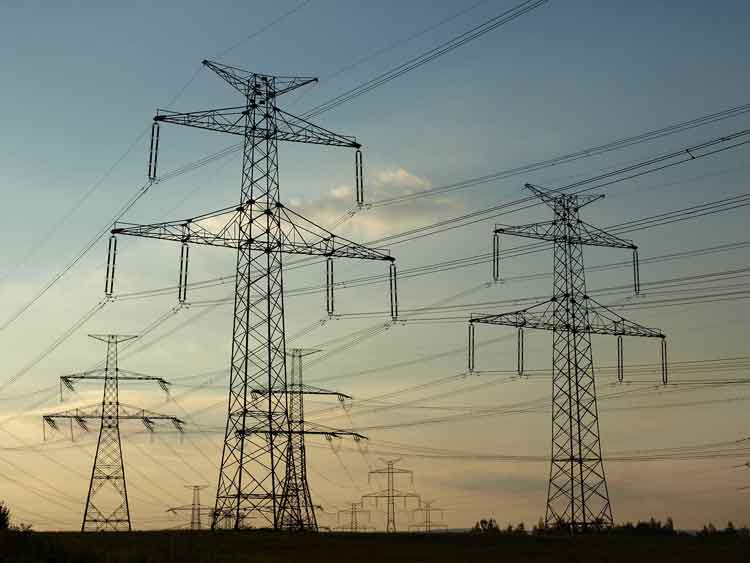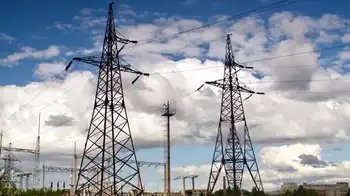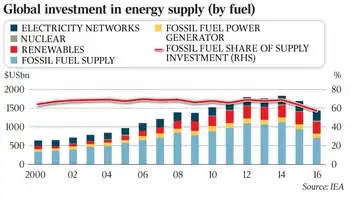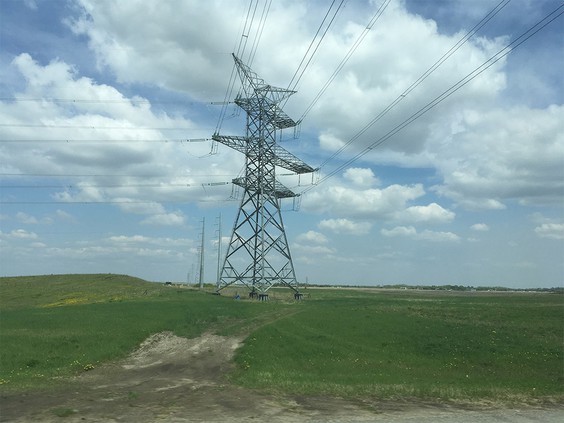U.S. Talks Green but backs Fossil Fuel
WASHINGTON, D.C. - At the G-8 summit of world leaders in June, President Bush repeated his calls for developing nations to curb their emissions of greenhouse gases. Without their cooperation, he said, drastic measures in the United States to battle climate change would make little sense.
"We all can make major strides, and yet there won't be a reduction until China and India are participants," he told reporters.
But just weeks earlier, the U.S. government had pledged to help finance one of the world's most advanced oil refineries, taking shape in the city of Jamnagar, India. When the facility is complete by December 2008, it will not only produce petroleum products, it will emit nearly 9 million metric tons of carbon dioxide - the major contributor to global warming - into Earth's atmosphere each year.
That estimate comes from the U.S. Export-Import Bank, which announced $500 million in loan guarantees for the project in May. And the bank's figures do not take into account the additional emissions from the cars that will burn the giant refinery's gasoline, or the airplanes that will fly on its jet fuel or the cook stoves that will fry with its propane and kerosene.
The Jamnagar refinery is only one of hundreds of fossil-fuel projects built with the help of U.S.-controlled funding agencies. Since 1995, when the United Nations' scientific climate change panel agreed on "a discernible human influence" on global warming, the U.S. has helped to finance power plants, liquefied natural gas processors, oil pipelines and the like in more than 40 countries - in effect, extending America's carbon footprint well past this nation's borders.
By calling for developing nations to curb their emissions while simultaneously helping them emit more, "we're being hypocritical," said David Waskow, international policy director for the Friends of the Earth environmental group.
The 72-year-old Export-Import Bank and the Overseas Private Investment Corp., founded in 1971, were set up to use loan guarantees, insurance and other financial tools to promote U.S. exports, encourage economic development in emerging markets and support America's foreign policy.
The federal government has promoted sales of clean-energy technology abroad, but that effort has been dwarfed by support for fossil fuels.
Between 1995 and 2006, the Ex-Im Bank and the Overseas Private Investment Corp. provided more than $21 billion in loans and loan guarantees to support an array of oil refineries, pipeline projects, liquefied natural gas plants and electric power plants around the world.
According to their own reports, the two agencies green-lighted projects in recent years that send out a total of more than 125 million metric tons of carbon dioxide annually - the equivalent of putting 31.3 million new cars on the road or adding another 2 percent to U.S. emissions, according to the Energy Department.
Related News

Ukrainians Find New Energy Solutions to Overcome Winter Blackouts
KYIV - As winter sets in across Ukraine, the country faces not only the bitter cold but also the ongoing energy crisis exacerbated by Russia’s invasion. Over the past year, Ukraine has experienced widespread blackouts due to targeted strikes on its power infrastructure. With the harsh winter conditions ahead, Ukrainians are finding innovative ways to adapt to these energy challenges. From relying on alternative power sources to implementing energy-saving measures, the Ukrainian population is demonstrating resilience in the face of adversity.
The Energy Crisis in Ukraine
Since the onset of the war in February 2022, Ukraine’s energy infrastructure has become…




